Jonas Mekas: The Camera Was Always Running
The Jewish Museum presents the first U.S. museum survey of the Lithuanian-born filmmaker, poet, critic, and institution-builder who helped shape the avant-garde in New York City and beyond.
Jonas Mekas: The Camera Was Always Running explores the breadth and import of Mekas’s life, art, and legacy in the field of the moving image. Coinciding with the centennial of his birth, the exhibition surveys Mekas’s 70-year career and includes 11 films presented in an immersive environment, photography, and previously unseen archival materials.
Forced to flee his native Lithuania during the final moments of World War II in 1944, Mekas was unable to return until 1971. After spending five years stateless and homeless in a Nazi work camp and then Displaced Persons camps throughout Germany, Mekas (b. 1922, Semeniškiai, Lithuania; d. 2019, Brooklyn, New York) emigrated to New York City with his brother Adolfas in 1949. A penniless, war-weary refugee, he swiftly integrated into the city’s thriving counterculture nonetheless, becoming a central organizer, and later a prolific filmmaker, within the avant-garde community. Like many emigrés in the aftermath of World War II—as for so many across the globe today—his art was profoundly marked by his refugee experience: the loss, memory, and longing for a home he permanently left behind in 1944. The relationship between exile and creativity is always at the heart of his work and is the exhibition’s central theme.
Over seven decades, Mekas made 93 films and videos, amassing footage that was both a record of his life and a resource for his art. He was the author, founder, and co-founder of numerous artist-run cooperatives, distribution networks, and writings on film: in 1954, he co-founded Film Culture, the first journal of American film criticism; from 1958-71, he penned “Movie Journal,” the first critical column on cinema in the Village Voice; in 1962 he co-founded The Film-makers’ Cooperative, among the earliest organizations to support experimental film production, screening, and distribution on a large scale; in 1969 he co-founded Anthology Film Archives which became—and remains—a focal point for New York’s experimental cinema scene; and finally, between 1968 and 1971, the Film-Makers’ Cooperative presented the screening and conversation series Avant Garde Tuesdays at the Jewish Museum.
In conjunction with Jonas Mekas: The Camera Was Always Running, Film at Lincoln Center will present a retrospective of the filmmaker at the Walter Reade Theater (165 W. 65th St.) from February 17 – 23. Screening tickets go on sale on February 4. For more information about the film series, visit www.filmlinc.org.
In the Press
“An innovative retrospective of work by Jonas Mekas reveals the fundamental honesty of his “diary” films.”
— The New York Times
“a bold departure from a typical museum installation”
— The Wall Street Journal
Jonas Mekas: The Camera Was Always Running is organized by guest curator Kelly Taxter, with Kristina Parsons, Leon Levy Curatorial Assistant, the Jewish Museum.
Special thanks to Sebastian Mekas and the Estate of Jonas Mekas.
Exhibition design: Ivi Diamantopoulou and Jaffer Kolb, New Affiliates
Graphic design: Mark Owens
Lighting: Clint Ross Coller
Producer: Matthew Shattuck
Editors: Andrew Pulaski and Linda Burchill
Systems integrator: Stephen Canella
Special thanks to Anthology Film Archives
Jonas Mekas, The Camera Was Always Running is made possible by The Andy Warhol Foundation for the Visual Arts, Art Mentor Foundation Lucerne, Lithuanian Council for Culture, the Lithuanian Foundation, a gift from the estate of Gaby and Curtis Hereld, Kazickas Family Foundation, Toby Devan Lewis, Paul Pincus, Lithuanian Culture Institute, the Martin and Rebecca Eisenberg Foundation, and other generous donors. Additional support is provided by the Melva Bucksbaum Fund for Contemporary Art and the Peter Jay Sharp Exhibition Fund. Closed captioning is made possible by the Lithuanian Film Centre.




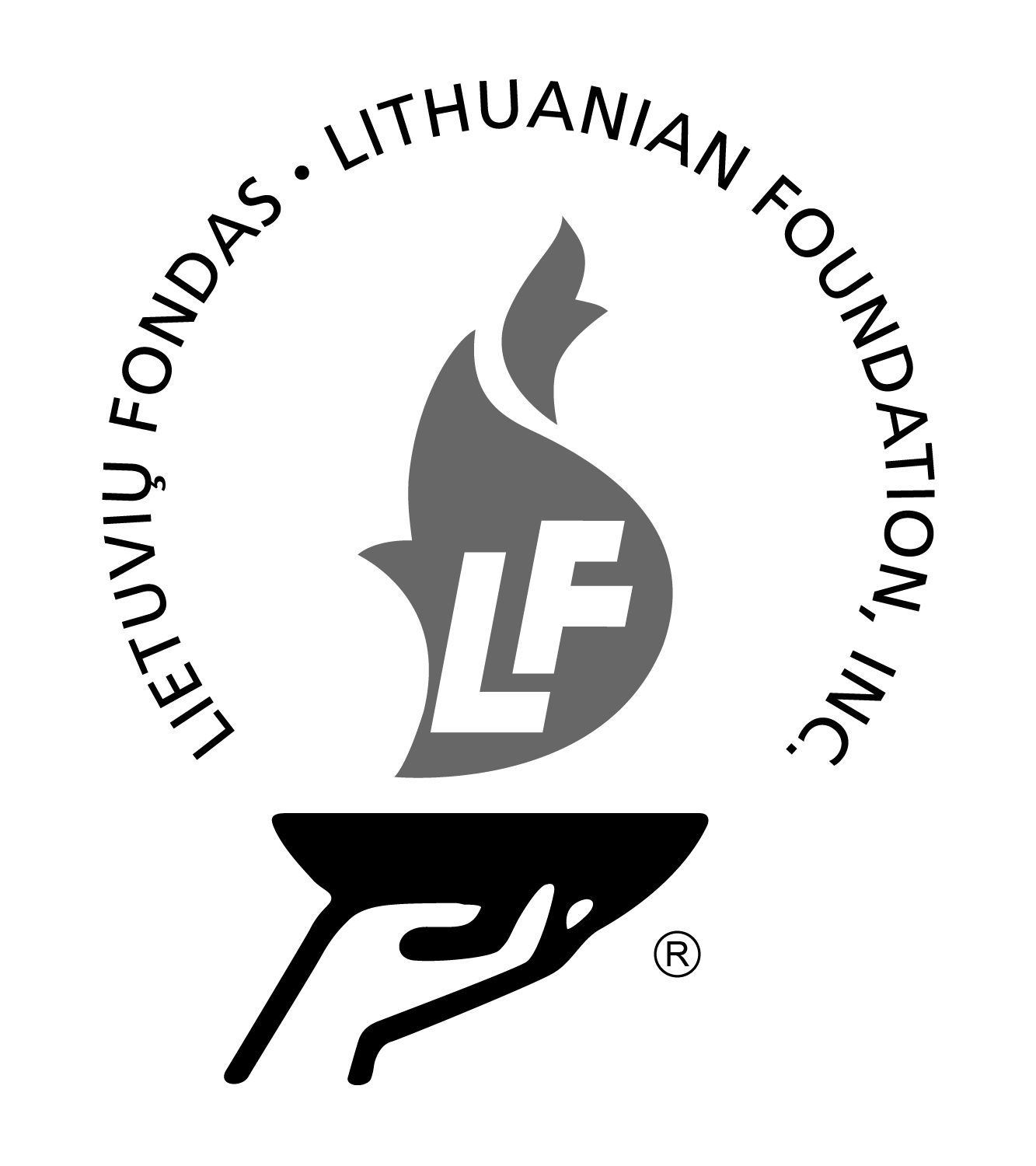
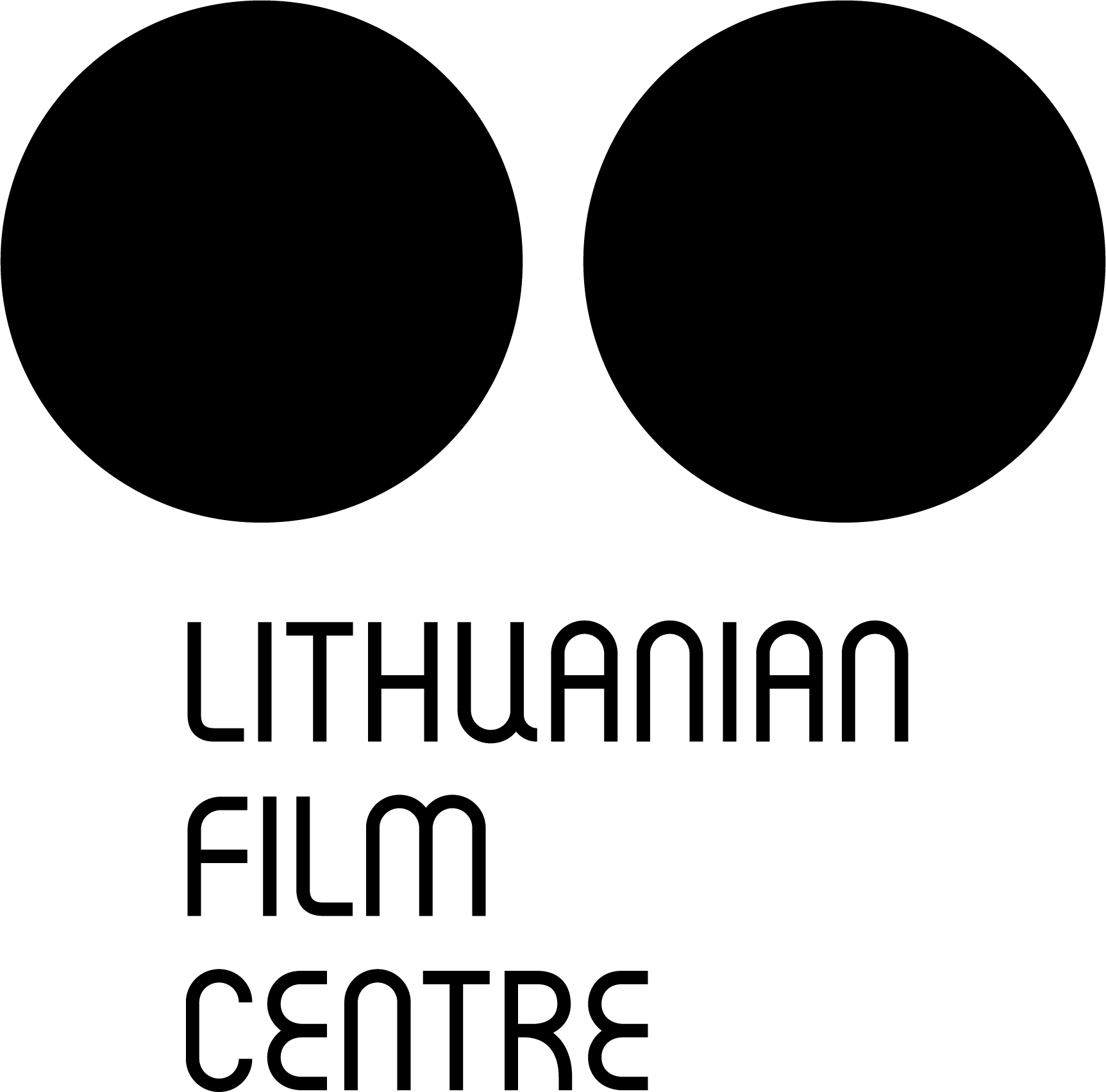
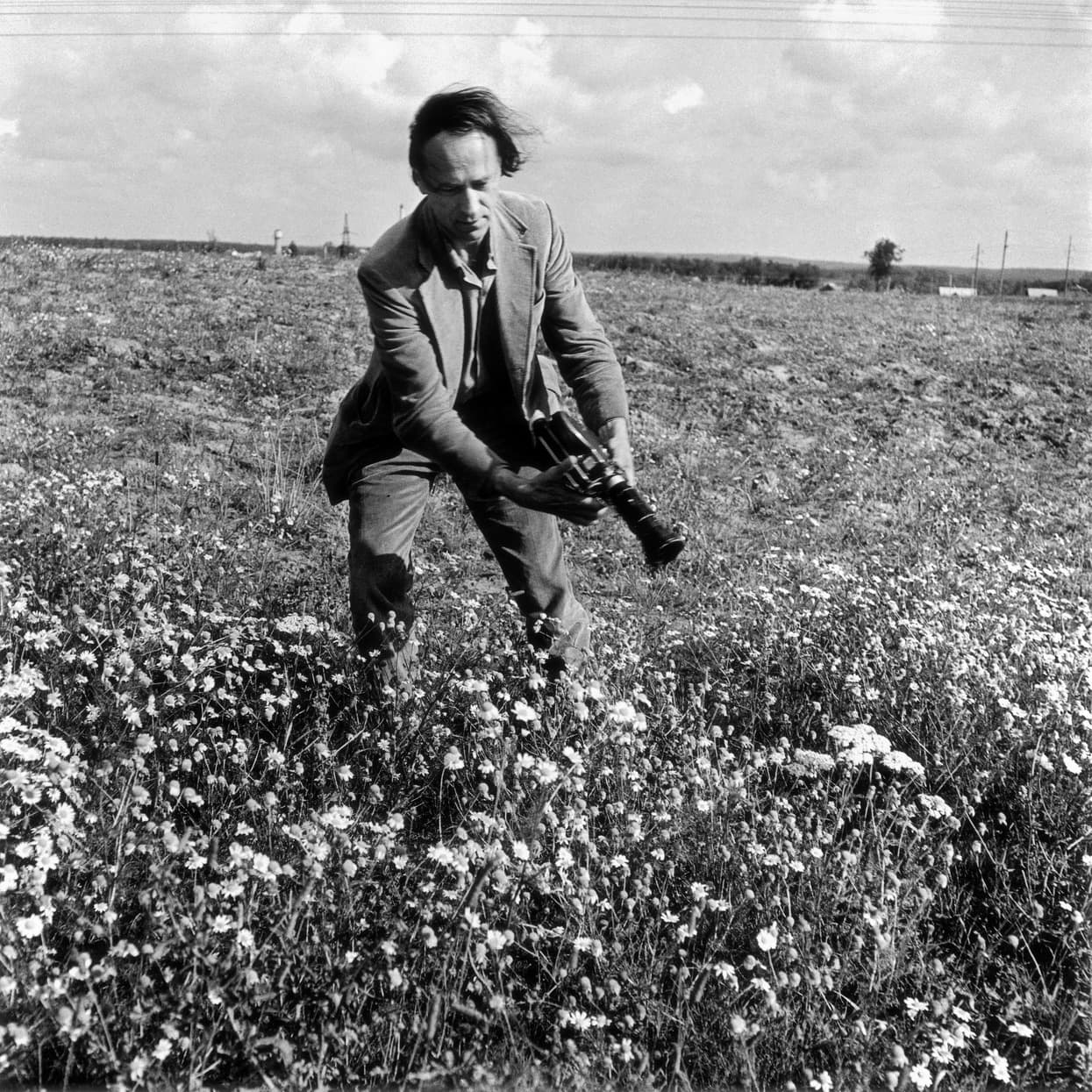
Jonas Mekas photographed by Antanas Sutkus in Semeniškiai, Lithuania, 1971. © Artist Rights Society (ARS), New York / LATGA-A, Vilnius

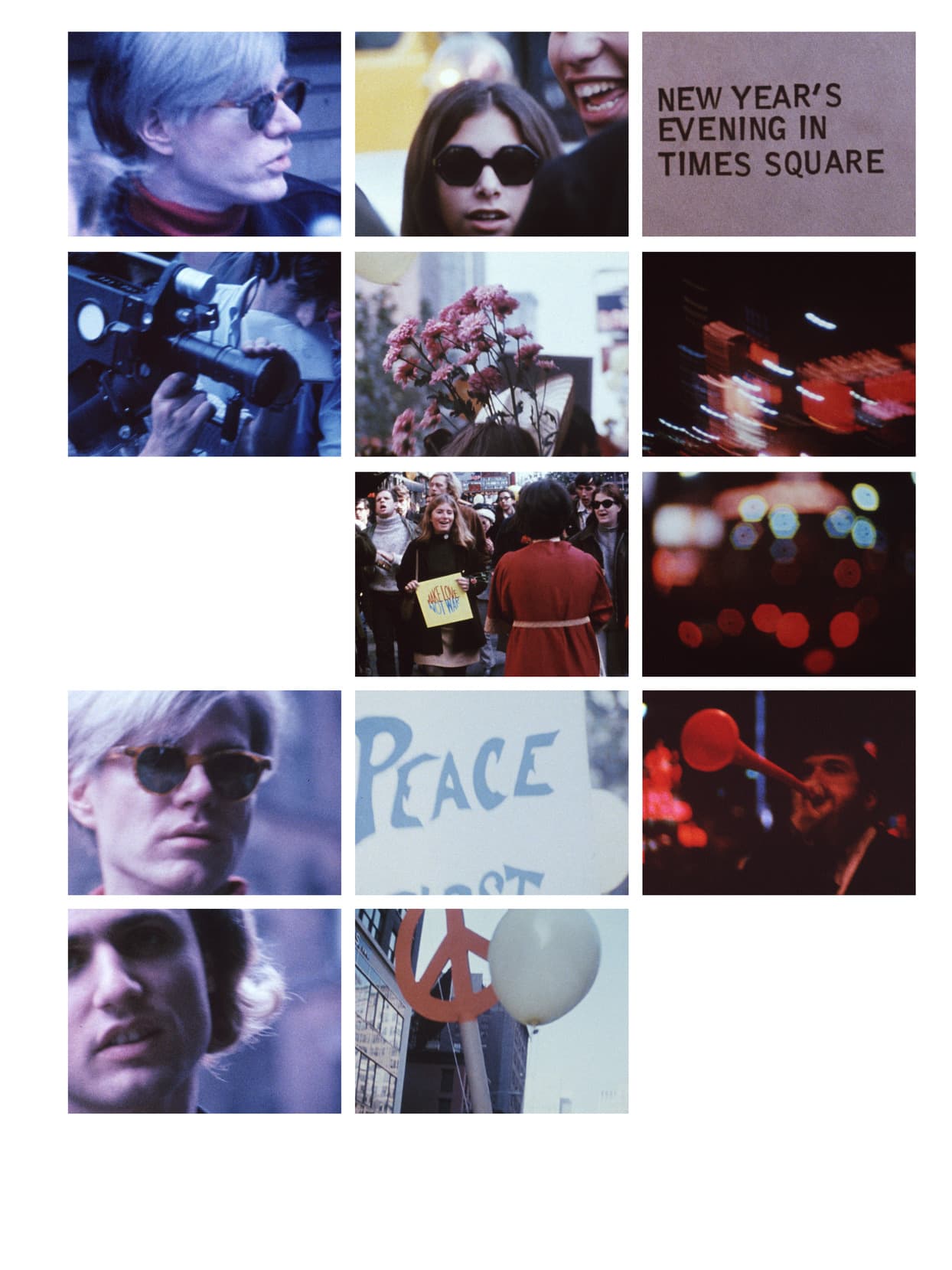



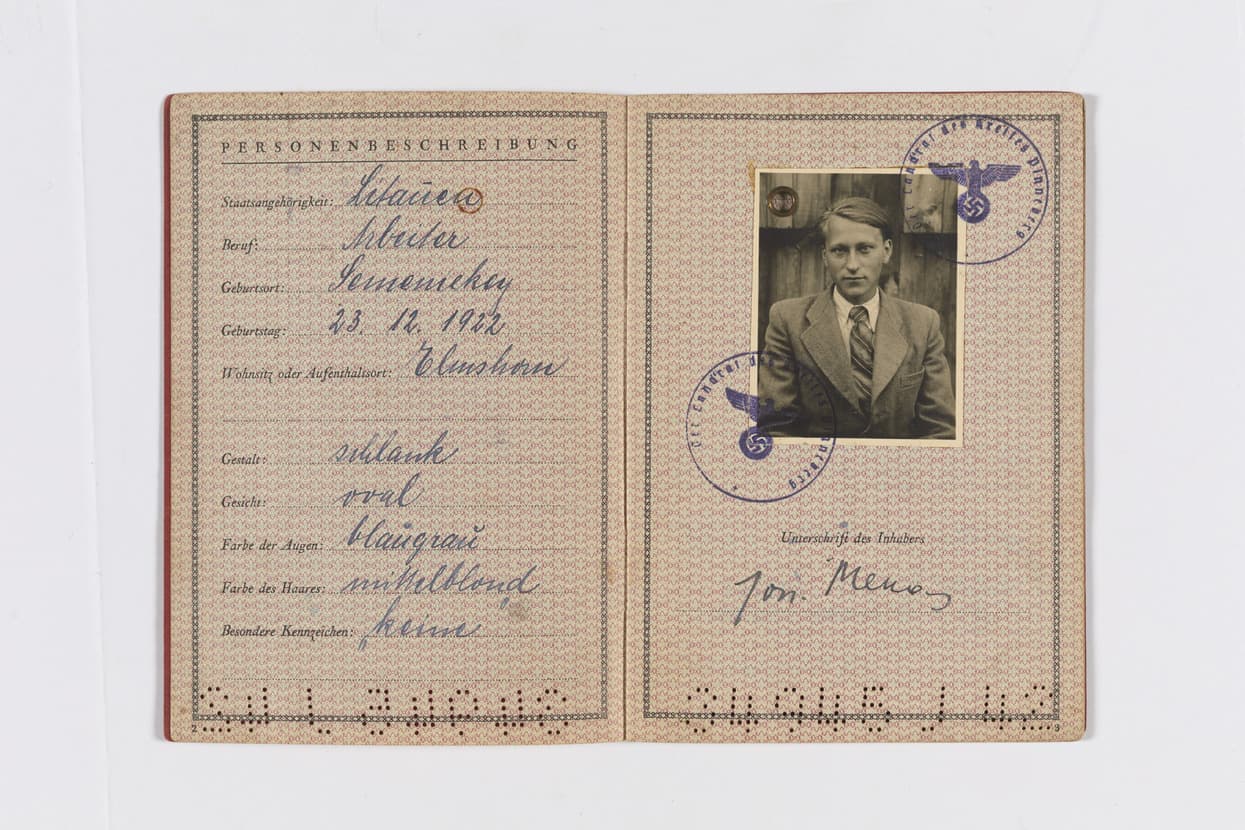
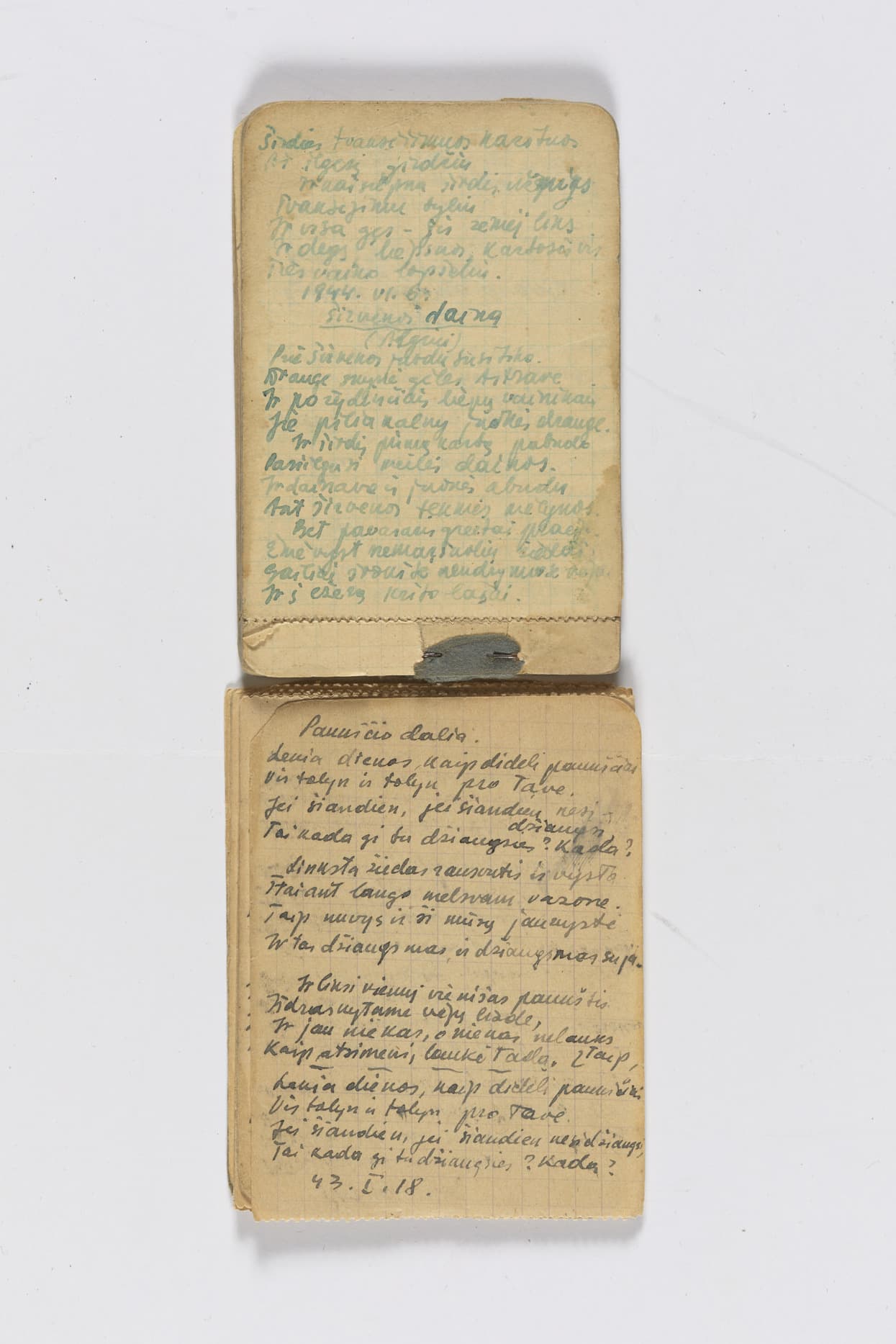
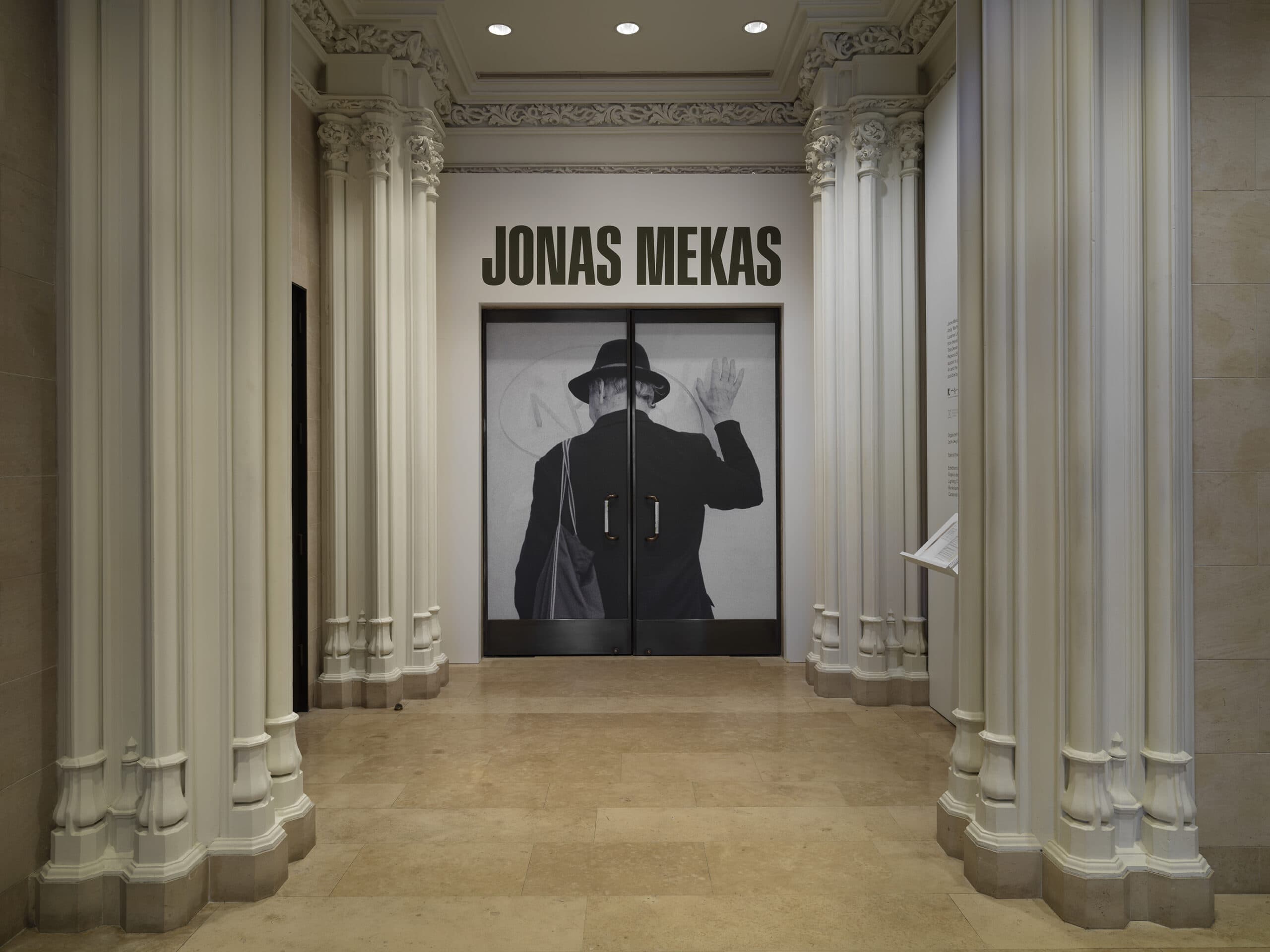
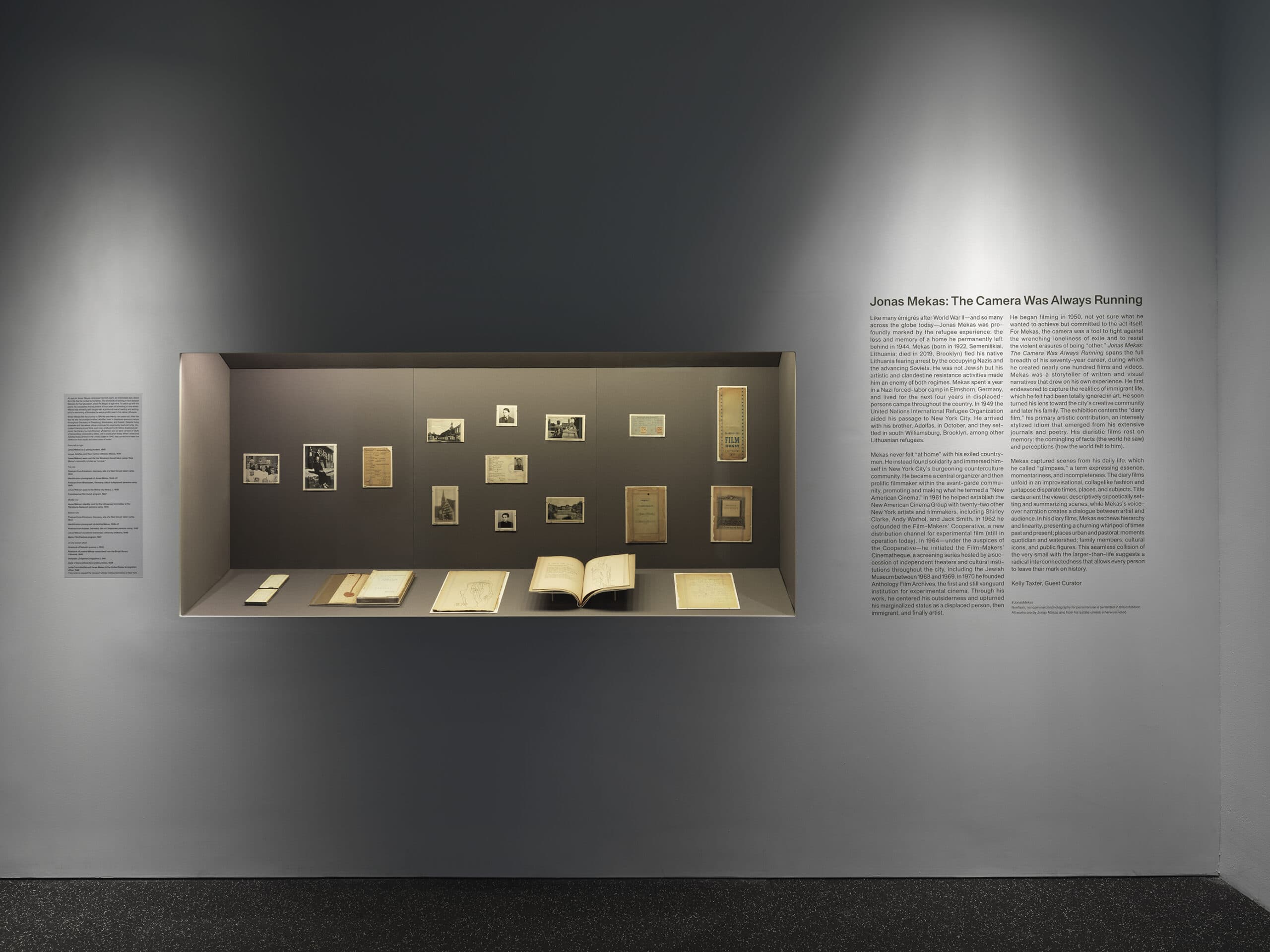
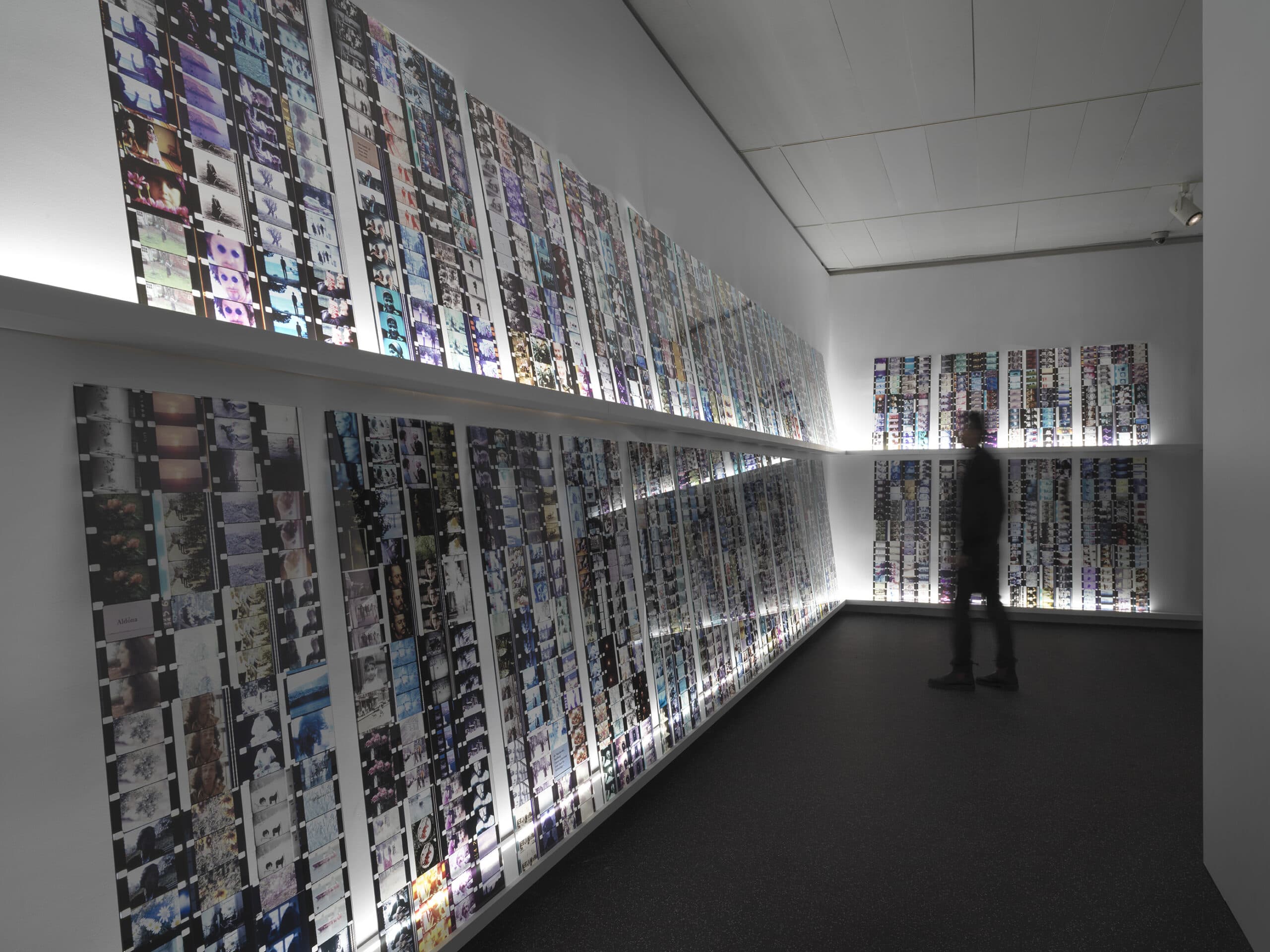
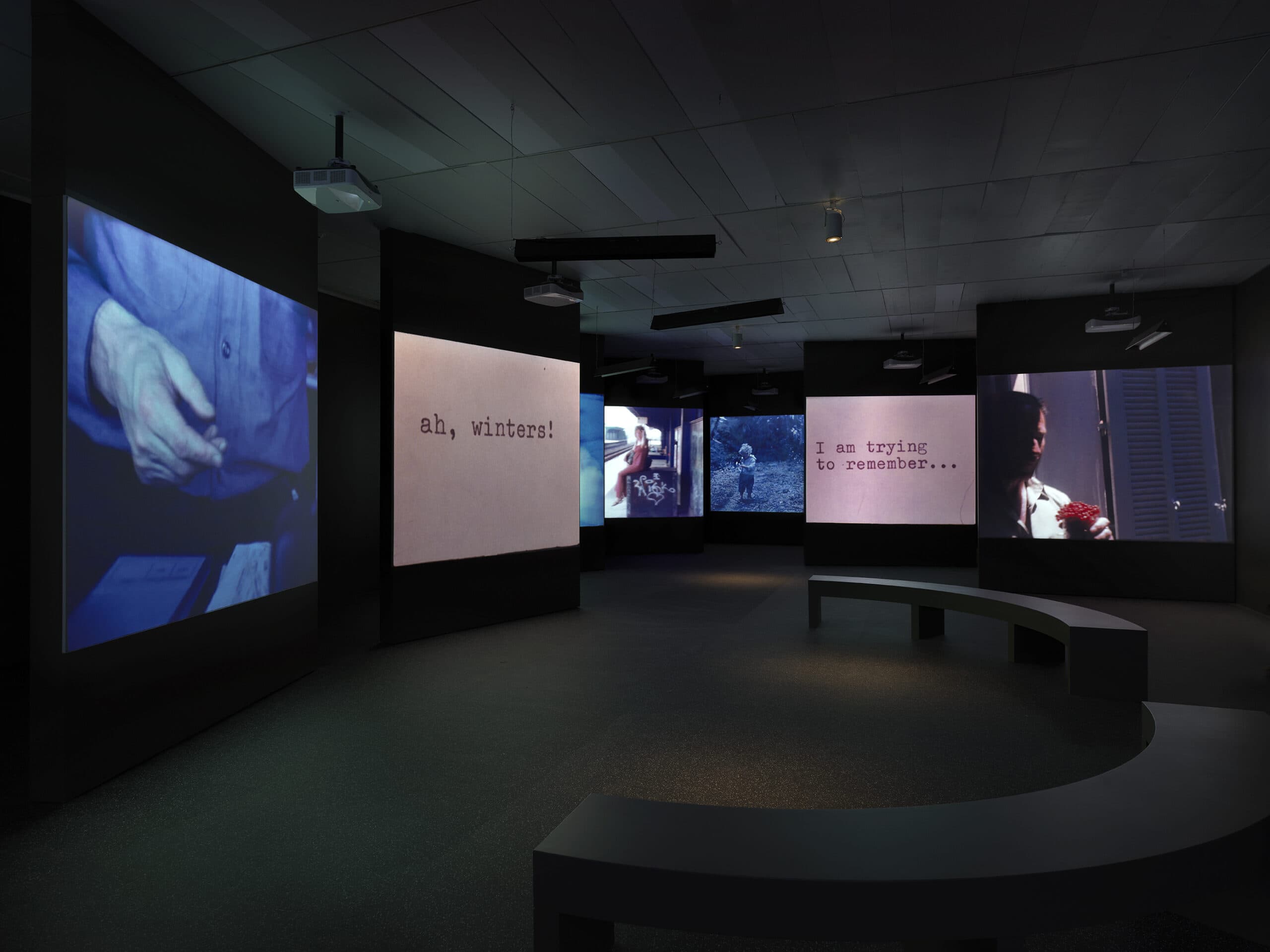
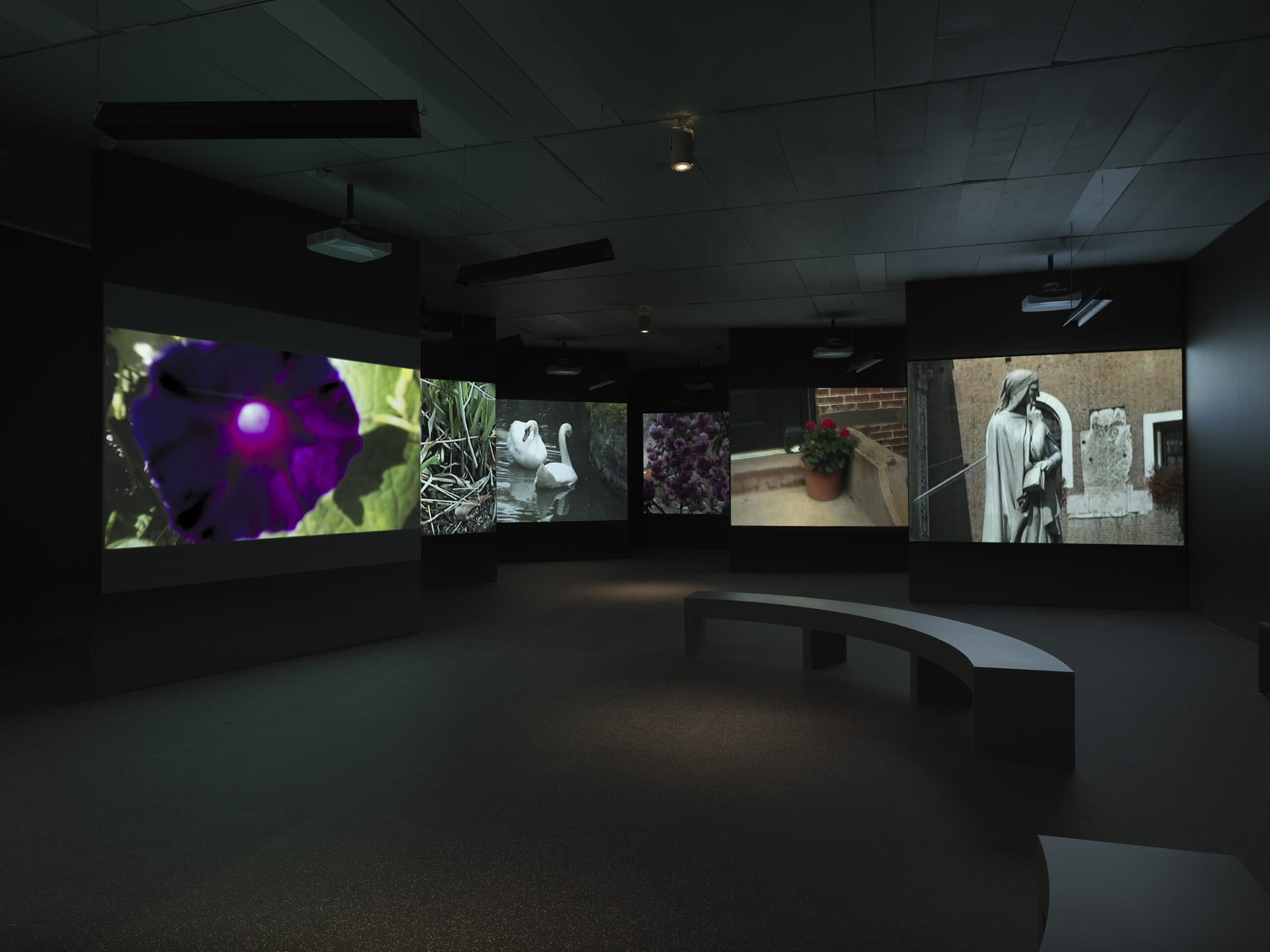
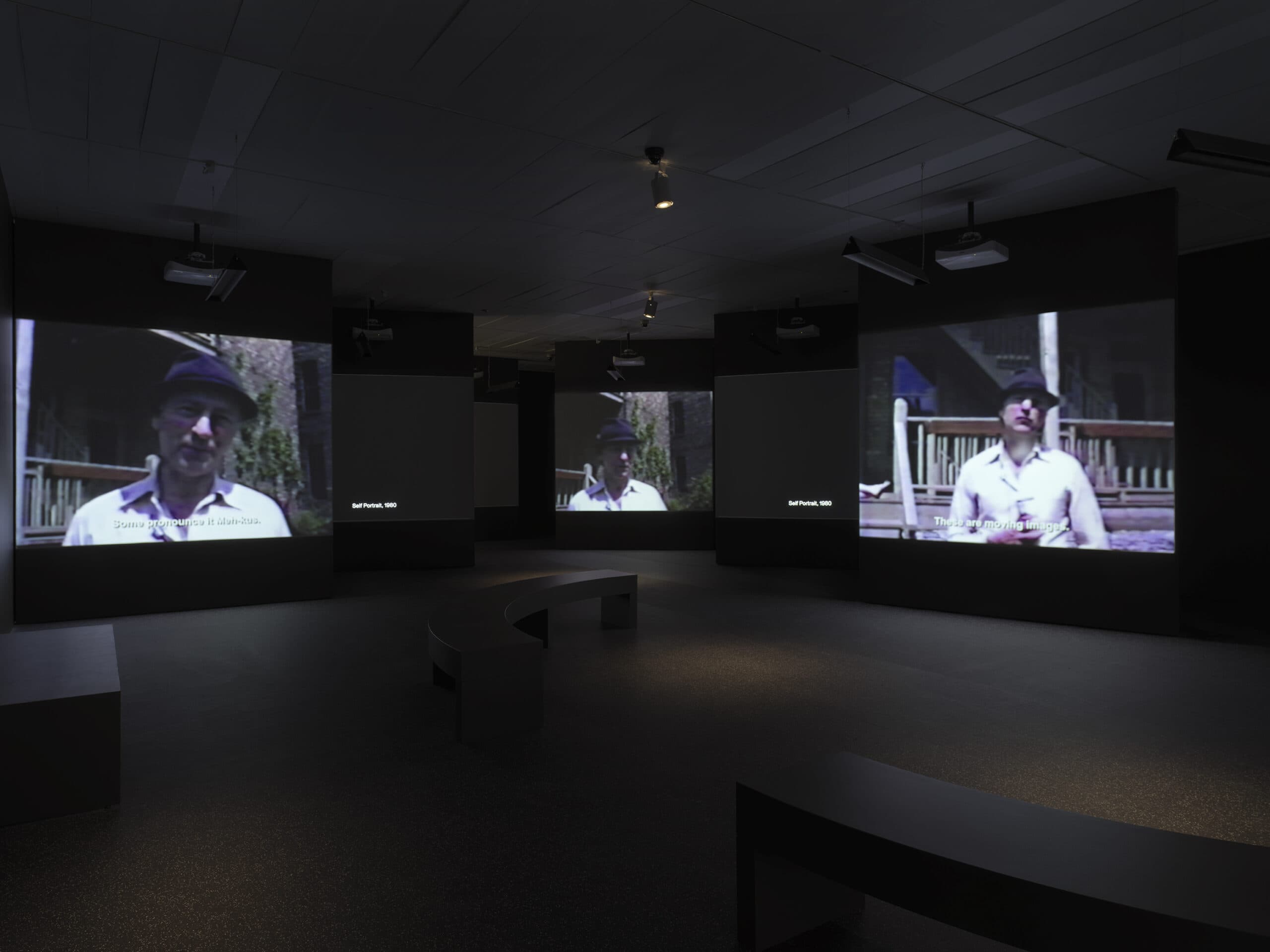
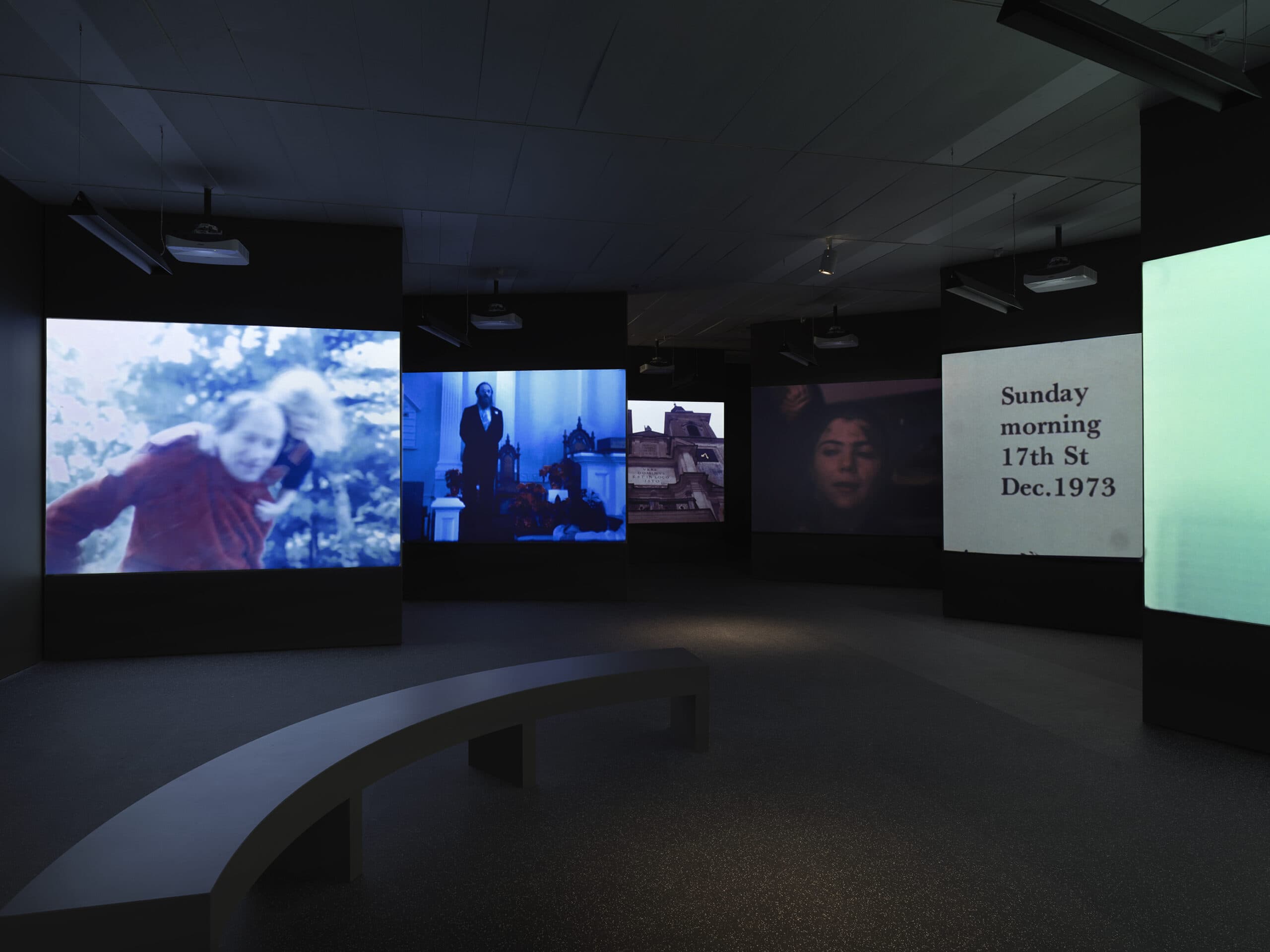

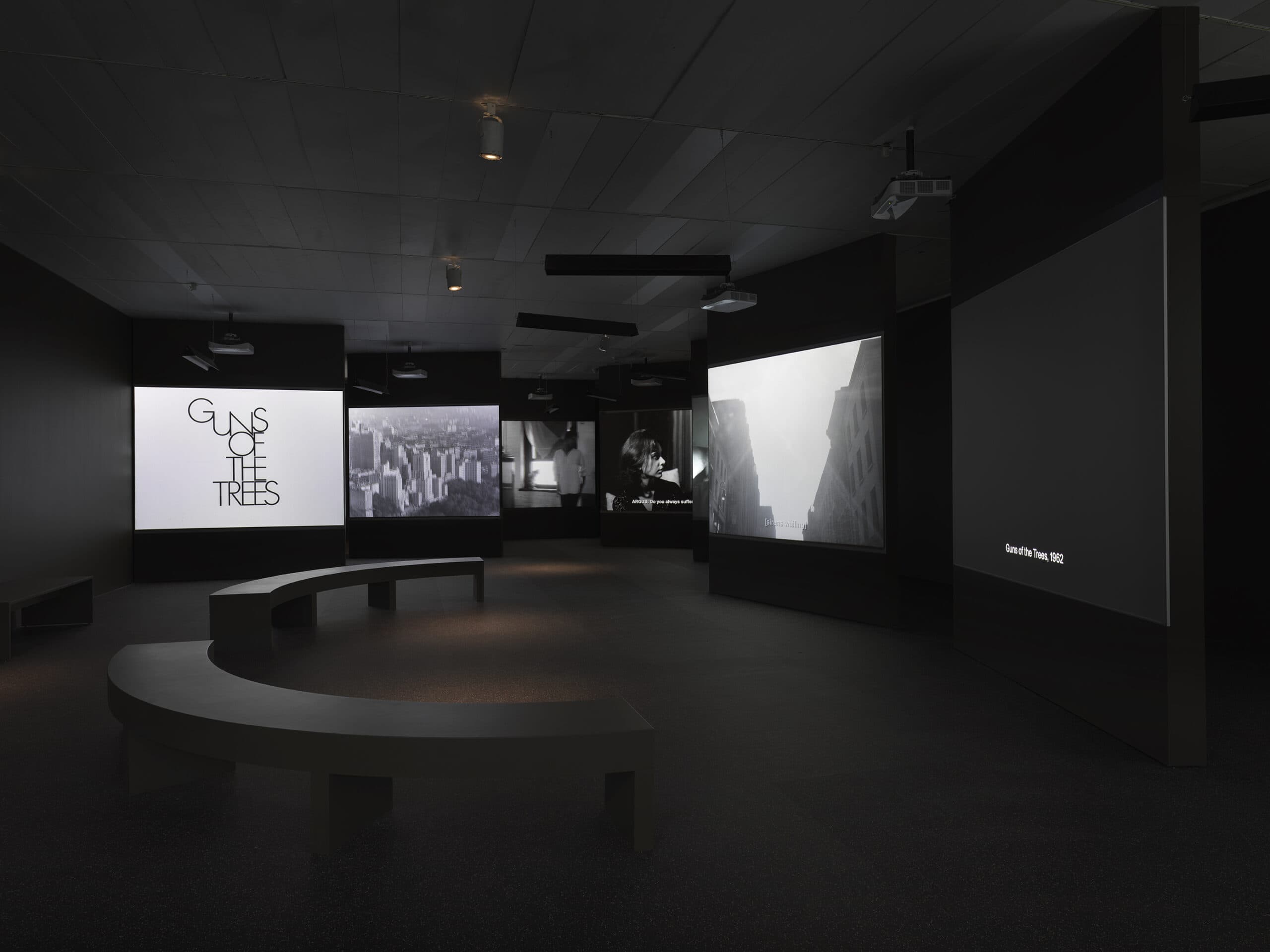
![Dark gallery space with multiple large projection screens showing a close-up of Jonas Mekas's face, repeated across the room. The screens display subtitles reading “[vibrant bird soundscape].” Curved black benches are placed in the foreground.](https://thejewishmuseum.org/wp-content/uploads/2025/06/Jonas_Mekas_The_Camera_Was_Always_Running_02.22_0237_Dario_Lasagni-scaled.jpg)
